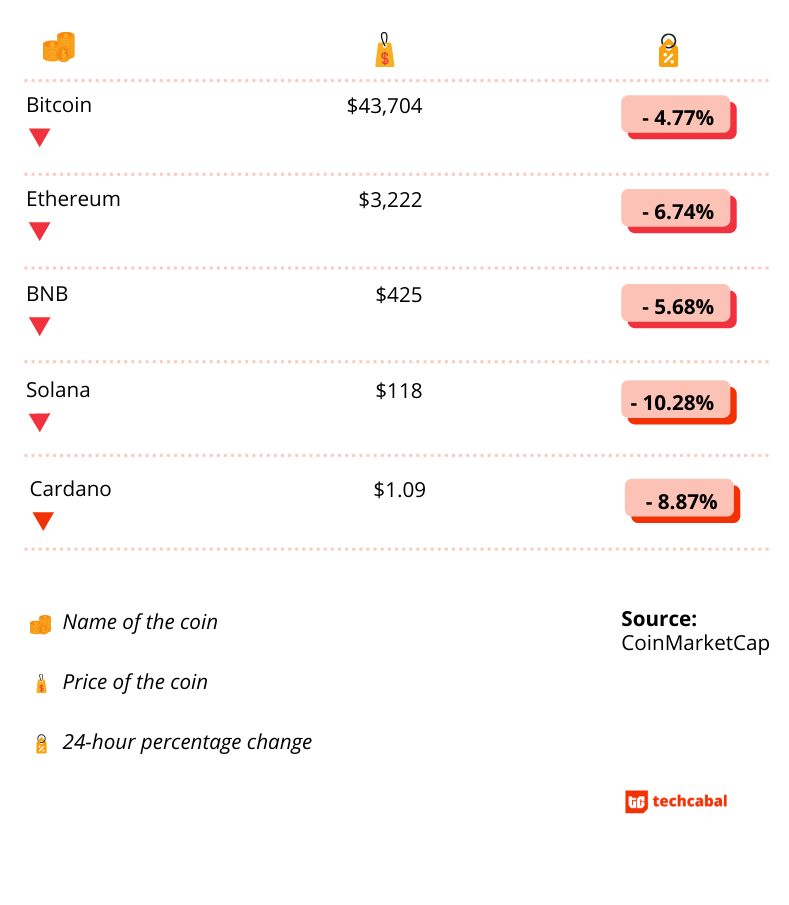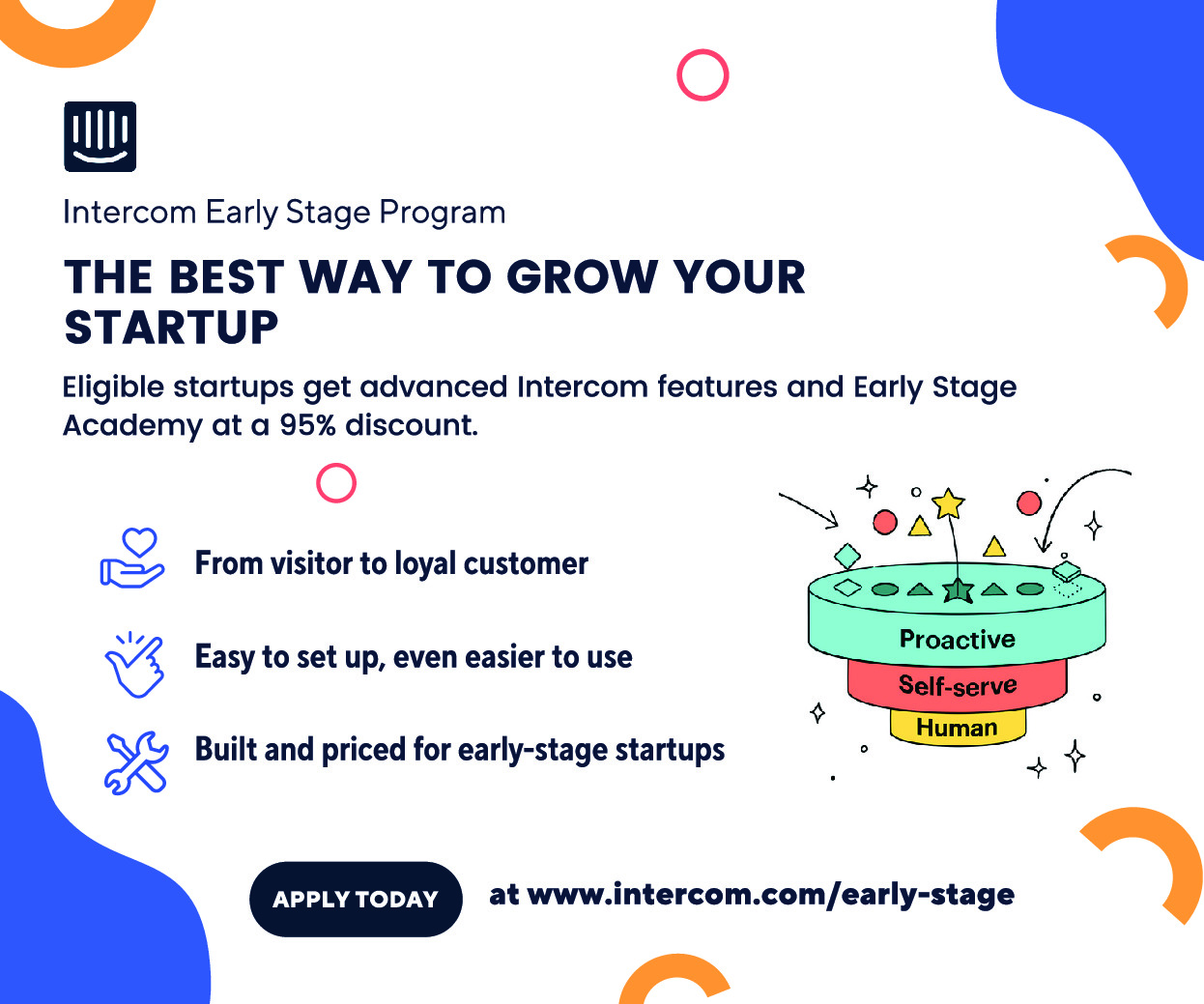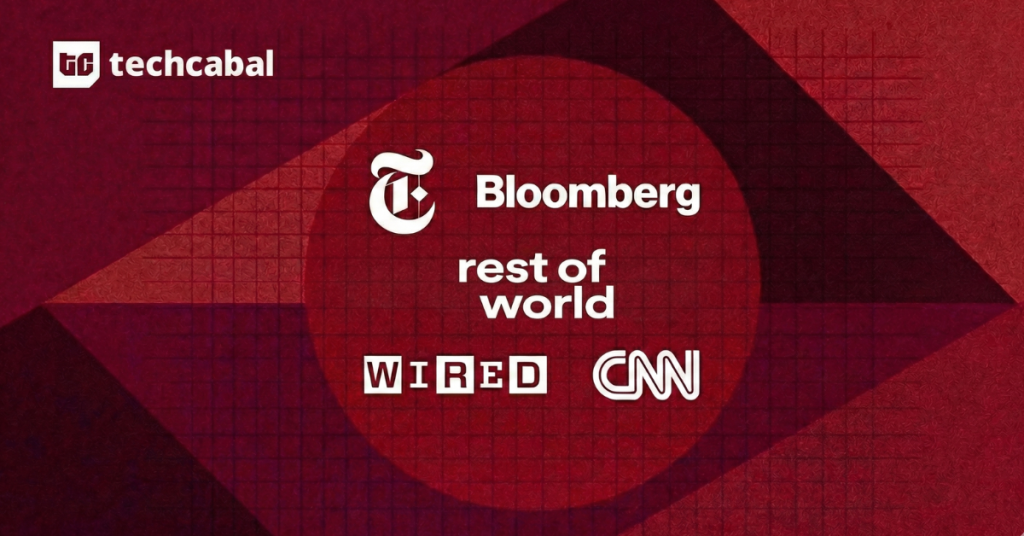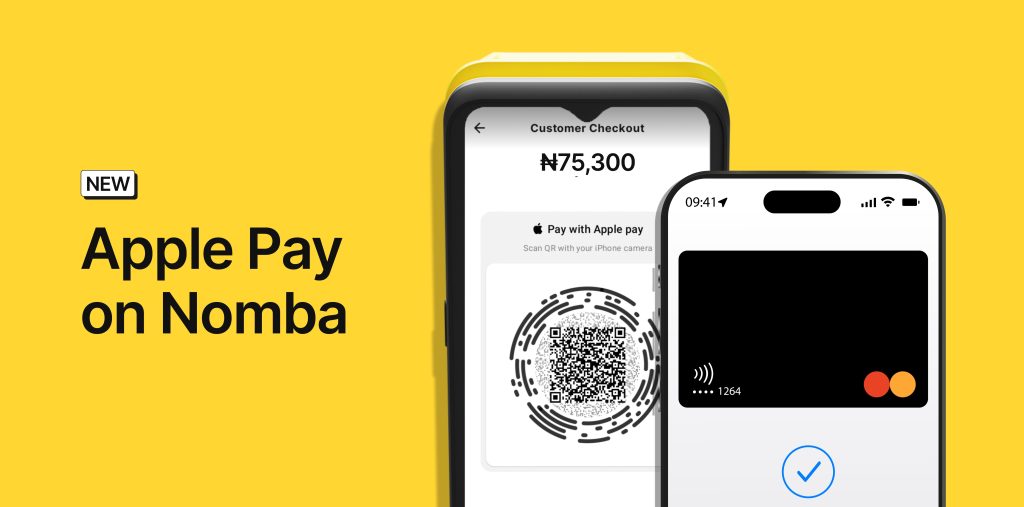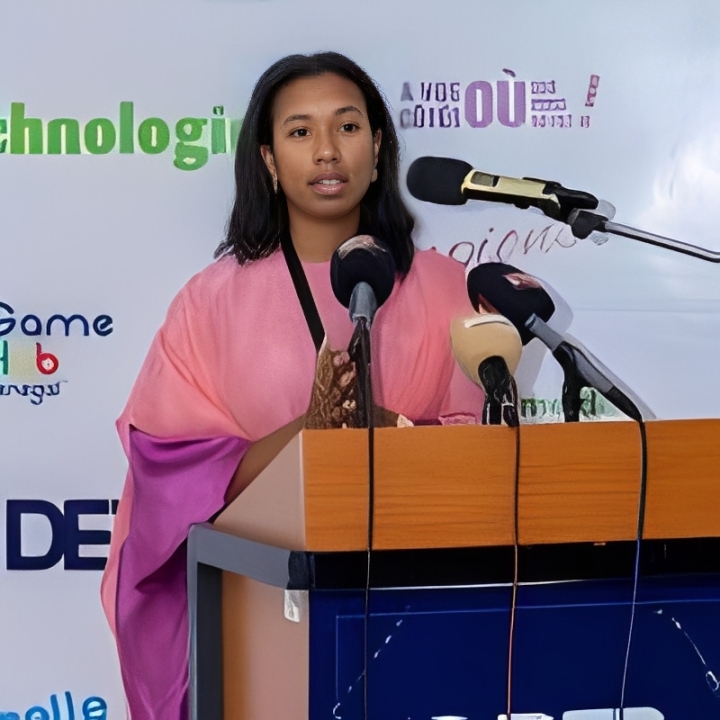
IN PARTNERSHIP WITH

Happy pre-Friday 🌞
Emoji reactions are coming to Google Docs.
A week after we find out that Google is adding emoji reactions to its video conferencing platform, Meet, it’s also revealed that a similar feature will be added to its word processing platform, Docs.
The feature will be accessible, by default, as a third option alongside the “Comment” and “Suggest edits” buttons.
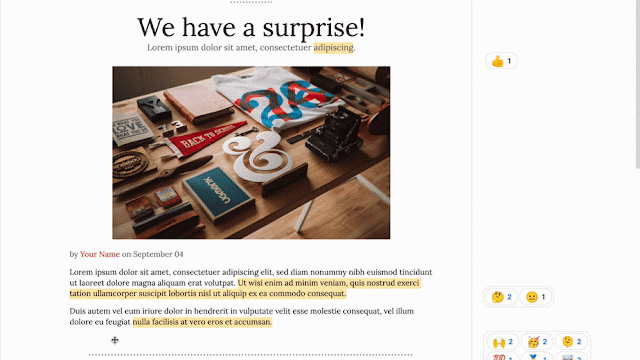
GIF source: Google, via The Verge
From April 20, your editors will no longer need to find new ways to euphemise “But why do you insist on writing like a goat?”. They’ll simply be able to select emojis like 😑, 🤮, 🤕 that’ll leave you second-guessing all your phrases.
Talk about a time-saving feature!
In today’s edition
- Nigeria fines 3 banks for flouting crypto trading restriction
- €20,000 to create speech data for Yorùbá
- How Expensiya won big in Europe
- Opportunities
NIGERIA FINES 3 BANKS FOR FLOUTING CRYPTO TRADING RESTRICTION ORDER

The Central Bank of Nigeria (CBN) has fined 3 of the country’s commercial banks for flouting a cryptocurrency trading restriction levied a year ago. The 3 banks, Stanbic IBTC, Access Bank, and United Bank for Africa (UBA) were fined a total of ₦800 million (~ $1.9 million) for operating accounts used for crypto trading.
Standard Bank Group Ltd was fined ₦200 million (~$481,000) for 2 accounts alleged to have been used for crypto transactions. Access Bank was fined ₦500 million (~$1.2 million) for failure to close customers’ crypto accounts, according to a filing with the Nigerian Exchange Ltd; and United Bank for Africa (UBA) was fined ₦100 million (~$240,000) for digital currency transactions by a customer.
What’s going on?
In February 2021, the Central Bank of Nigeria ordered all commercial banks and financial institutions to close all customer accounts that operate in or trade cryptocurrency. The apex bank referred to a 2017 circular that ordered commercial banks “not to use, hold, trade and/or transact in cryptocurrencies “.
Like most countries like China that have restricted crypto trading, CBN cited financial safety as the reason for the ban. In its circular clarifying its position, Osita Nwanisobi AG Director, Corporate Communications of CBN stated that most crypto users value anonymity, obscurement and concealment. “It is on the basis of this opacity that cryptocurrencies have become well-suited for conducting many illegal activities including money laundering, terrorism financing, purchase of small arms and light weapons, and tax evasion,” he said.
Is crypto banned in Nigeria?
It’s important to note that the CBN didn’t ban cryptocurrencies in Nigeria as it’d have to outlaw crypto exchanges and shut down the internet to achieve that. It did, however, cut the link between crypto exchanges and their users. So Nigerians can still buy and trade crypto, just not through any Nigerian bank or fintech.
In response to the restriction Nigerian crypto exchange platforms have responded with new ways to circumvent the restriction including introducing peer-to-peer (P2P) exchanges for their cryptocurrency transactions, as well as trading stable coins.
Don’t just send money, send money fast. Send and receive money directly to mobile wallets, bank accounts, Barter or through cash pickup with $end.
Visit send.flutterwave.com and do it now!
This is partner content.
CREATING SPEECH DATA FOR THE YORUBA LANGUAGE
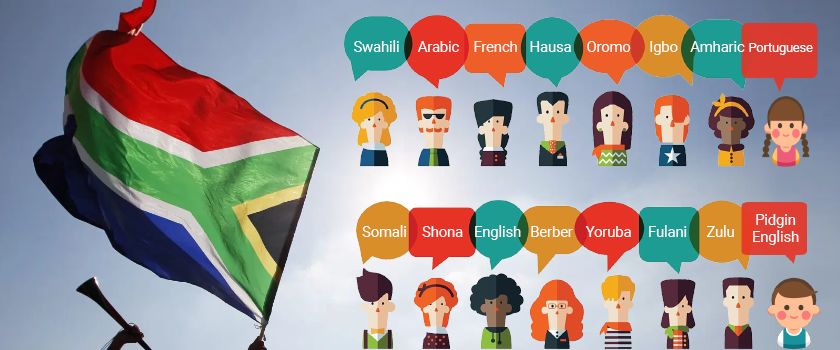
Over the past 5 years, we’ve seen immense development in integrating African languages into tech. Duolingo has 3 African languages on its platform, Netflix is also acquiring shows in Swahili, Google Translate supports 13 African languages, and Maps will even speak in some accents.
There’s an app, Mandla—founded by young Africans—that combines education with gamification to help people learn over 15 African languages.
The good news is that more progress is being made.
The same team—Yorùbá Names Project—that led the speech synthesis for the localisation of Nigerian languages on Google speech in 2016, has now won a €20,000 ($21,770) award to create crowdsourced speech data for Yorùbá language.
The grant was awarded by Imminent, a European that supports companies in localization, funds language data research, and rewards the best initiatives that advance technology and creativity for international communication. Each year, Imminent allocates €100,000 to projects that explore the most advanced frontiers in the language field.
What will the Yorùbá Names Project do?
The team, consisting of renowned linguist Kọ́lá Túbọ̀sún, David Adélaní, Tolúlọpẹ́ Ògúnrẹ̀mí, Iroro Orife, and Àrẹ̀mú Adéọlá, is working to create Yorùbá Voice, a 50-hour speech data set that will help create speech tools in Yorùbá.
In layman’s terms, this will involve gathering and recording data in Yorùbá that will make it possible for the 40 million people who understand the language to be able to utilise it on technological platforms. According to Túbọ̀sún, “Yorùbá Voice will help create speech tools that can be used for automatic voice recognition, speech synthesis and downstream applications to support screen readers, ATMs, and other voice tools for people who speak the language.”To pull off the project, the team will create a collection of crowdsourced recordings via a controlled online platform, and a 50-hour recording made in a no-noise environment.
You might not realize it, but you most likely used Intercom before—it’s the best way to connect with your customers. The platform helps you engage and support your users through personalized, chat-like experiences, with over 25,000 companies using it every single day. And they have great things to say too: “It’s almost like all websites I visit with that @intercom chat button I instantly associate them with great customer service. Just like @Intercom intended.”
If you’re an early-stage, high-growth start-up, you can get access to its Early Stage Academy today at a 95% discount!
This is partner content.
HOW THIS TUNISIAN STARTUP WON BIG IN EUROPE
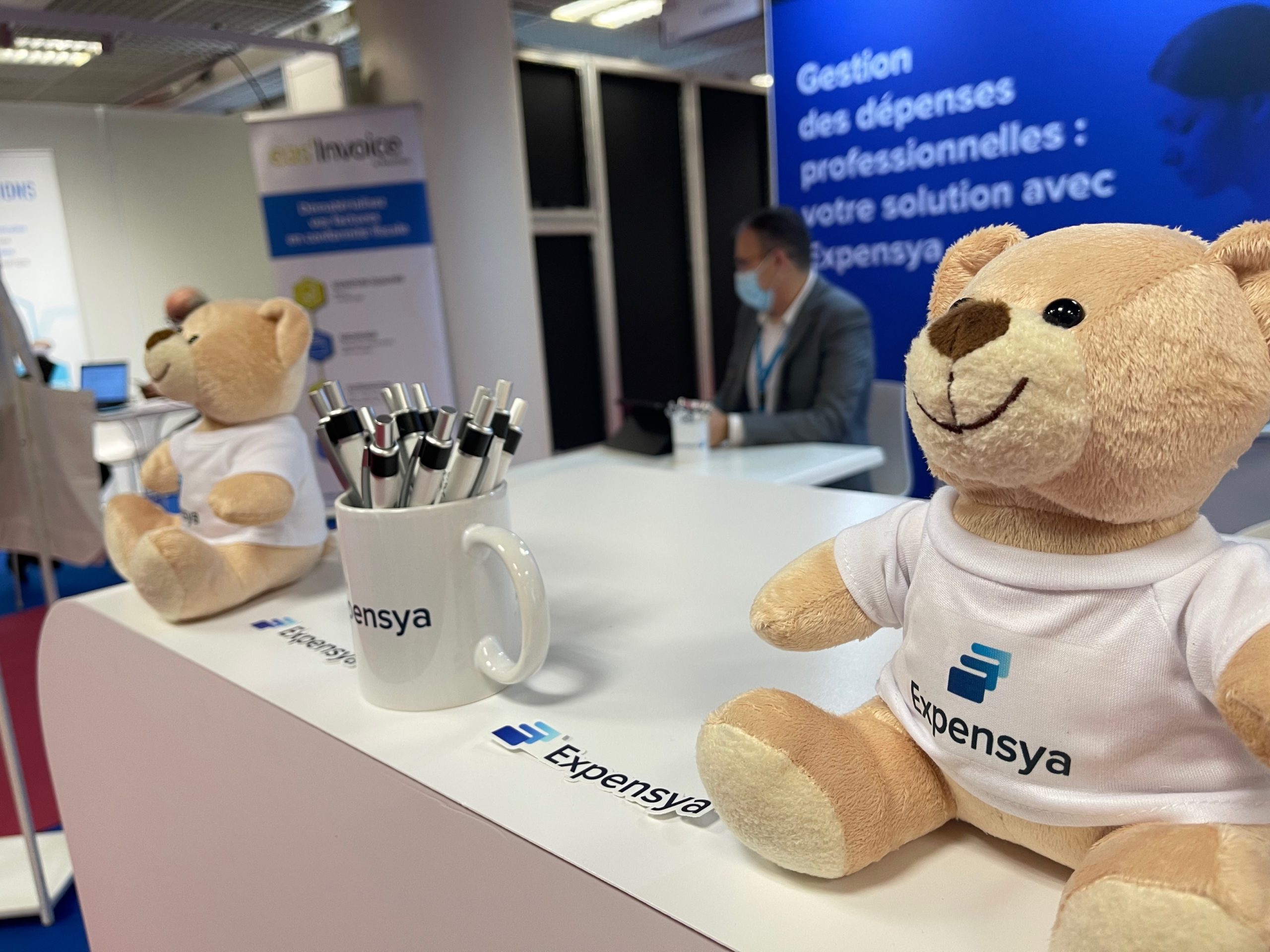
Away from the single story of Africans only building companies that solve Africa’s problems, Expensya, a Tunisian fintech startup, is not only predominantly serving the European market but also one of the biggest in its sector on that continent.
Expensya, founded by Karim Jouini (CEO) and Jihed Othmani (CTO) in 2014, provides expense management tools for businesses—both startups and big corporations—in Europe. It helps companies manage the reimbursable expenses incurred by their employees on one single platform.
The co-founders, while working in France, noticed how manual and complicated it is for companies to manage employee expenses. In France, expense reporting is not only important to the business; the government also keeps a close eye on the process because of taxation’s due diligence. So, it’s an old problem with a lot of interesting stakeholders and ineffective solutions involved.
After understanding the problems and market, they relocated to Tunisia—because of its low cost of starting a business—to solve the problem and started selling to European clients.
Today, according to the CEO, the company is operational in over 90 countries and serves almost 6,000 corporate businesses with about 500,000 employees altogether. Expensya has 160 employees across 20 countries including Thailand, Nigeria, Kenya, France, the US, and Tunisia where it’s headquartered. Out of its 160 employees, only 50 are based outside Africa, meaning the company does its heavy lifting from Africa—from Tunis, the Tunisian capital.
Trove finance is Nigeria’s pioneer micro-investing platform offering every African access to global investment opportunities for as low as $10 has piloted a dollar card services feature that gives users 0.5% cashback on every purchase. Kiss the $20 limit goodbye with one limitless card to fund all your lifestyle needs. Accepted globally on all retail platforms
Get your limitless Trove Card today.
This is partner content.
OPPORTUNITIES
- The VFA Fintech Product Management Bootcamp is now open to applications. Anyone trying to accelerate their career in product or looking to break into product management, specifically within the fintech industry can now apply to be part of the 12-week programme. At the boot camp, participants will learn how to conduct user research, communicate with stakeholders, and use product analysis tools, amongst other things. Find out more.
- The JAMII Femmes Programme is now open to applications from female entrepreneurs in Nigeria, Kenya, and Côte d’Ivoire who are focused on building sustainable solutions in the agriculture sector. One woman from each country will be awarded $10,000 prizes, and participate in a 2-week accelerator programme. Check it out.
- Applications are open for the 2022 edition of the African Business Heroes Competition for African Entrepreneurs. Entrepreneurs from all 54 African countries who are contributing to the development of sustainable economies are invited to apply. Ten winning entrepreneurs will share $1.5 million, get access to mentorship opportunities, and gain global recognition. Shoot your shot.
What else we’re reading
- Dusupay co-founder Kenneth Ntende is playing to win.
- Visa opens e-commerce Innovation Studio in Nairobi to assist partners across sub-Saharan Africa
- Why MIT’s reinstating SAT requirements is good for African students.
- Binance.US raises over $200 million in first seed round, hitting a $4.5 billion valuation as it preps for IPO.
DON’T JUST READ THE BRAND, WEAR IT TOO
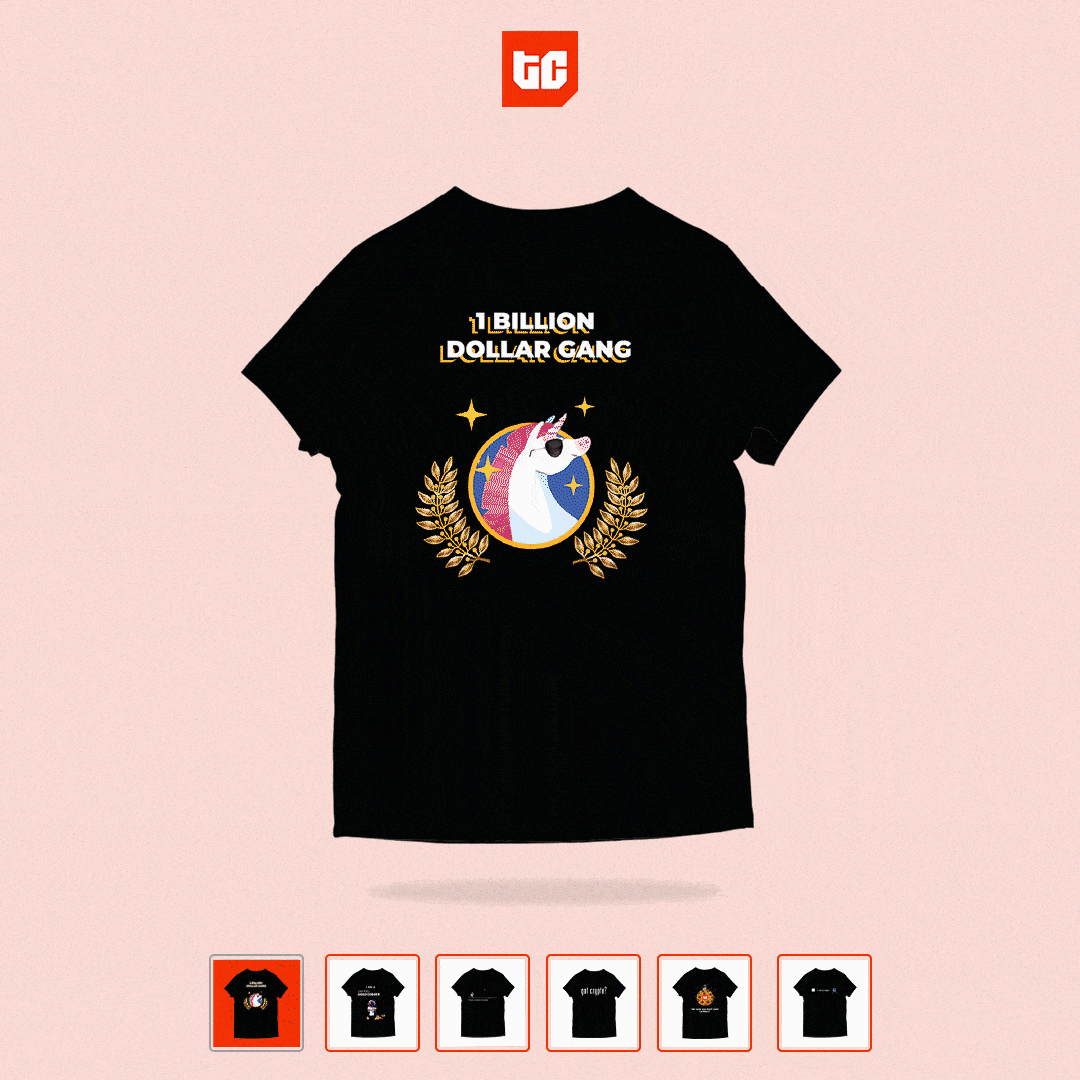
Visit techcabal.com/shop and associate yourself with greatness.






